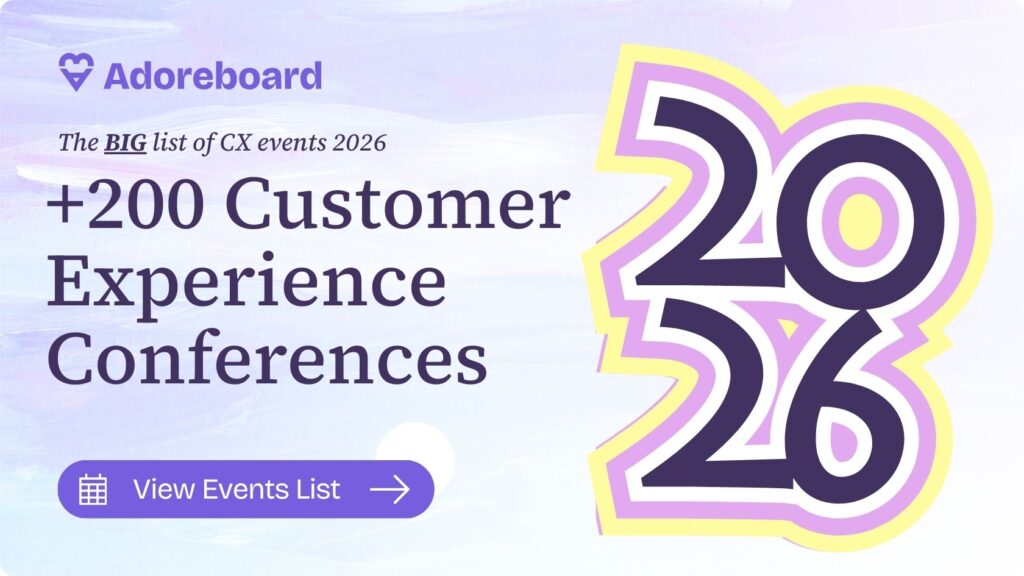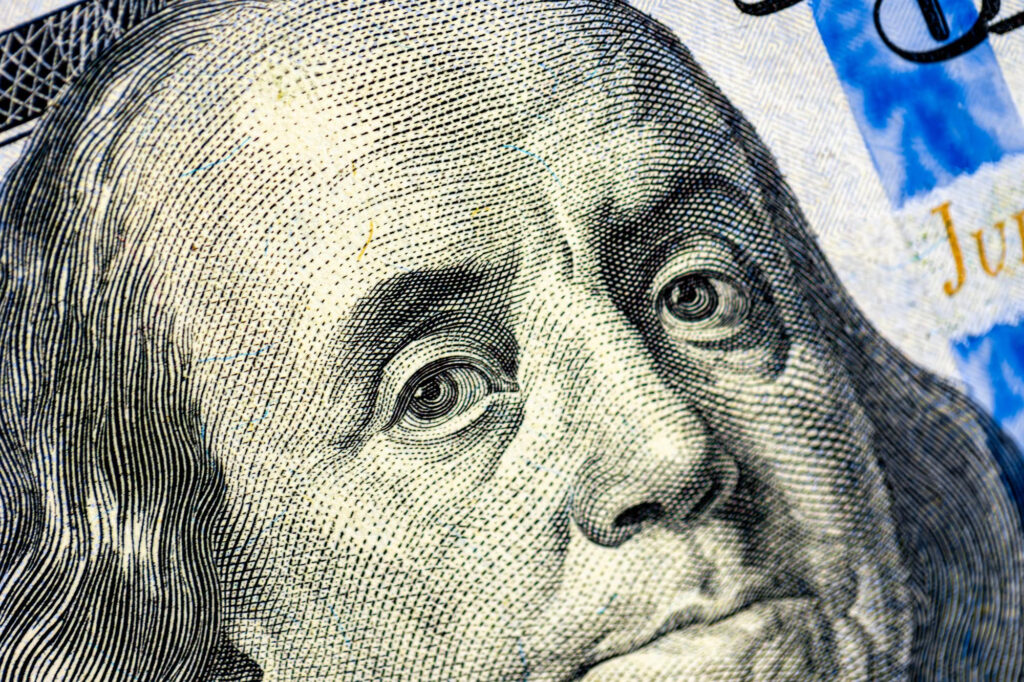If we are to believe that customer experience is the new battleground for brands to compete, how do you win? Simple, focus on marginal gains.
In a world, where most products and services are being commoditised, there could be a sense that there is little that businesses can do to differentiate. Except that the ‘experience’ that you create for your customers is something that is unique, hard to replicate and actually drives bottom line dollars. And here’s where AI can help you understand your customers better, more on that shortly.
First, let’s start with what is marginal gains. The concept was popularised by Sir Dave Brailsford, head of Team GB Cycling. He took over at the helm at a time when British Cycling hadn’t won a gold medal in its 76-year history. His idea was that by breaking everything down that goes into competing as a cyclist and by improving each element by 1%, he demonstrated how the sum of parts could increase performance.
But the idea isn’t without its critics, in fact, Sir Bradley Wiggins, a key member of the Team GB cycling team called the idea of marginal gains rubbish. “At the end of the day, chimp theories and marginal gains and all these buzzwords – a lot of the time, I just think you have got to get the fundamentals right: go ride your bike, put the work in”
For me there is truth in both views, you can’t achieve marginal gains without getting the fundamentals right. Ultimately, it has to deliver on an ongoing basis. For British Cycling, marginal gains programme produced by Dave Brailsford resulted in winning 7 out of 10 gold medals available in track cycling in the 2008 Beijing Olympics and London Olympics four years later.
There is plenty of inspiration from other businesses, you can take to start to apply marginal gains to improve your customer experience today. Take hotels, you’d think that a business that lives and dies experience is maybe not a good place to start. Sir Richard Branson pioneering new concept ‘Virgin Hotels’ is filled full of marginal gains. He has a good example is the replacing the guestroom telephone which typically has 17 options with a single button with the word “Yes!” in bright red letters where a guest can expect when they press that button and make a request which gets a YES. This points to a simpler way of how technology can improve things and if applied right AI can do the same.
This is something Alex Genov, head of Customer Research at Zappos which is lauded as one of the best global examples of great customer experience spoke about during a recent visit to Queen’s University where he was launching the CX Academy by Adoreboard, at the end of last year, together with the Chief Executives Club at Queen’s and InterTradeIreland.
He suggested the one thing that stands in the way of most companies achieving excellent customer experience is that they don’t understand their customers as people. He suggests that when customers become just numbers, dangerous things can happen. His example of United Airlines which fly over 150 million passengers each year, their policy of “involuntary de-boarding” lead to the now infamous video showing a passenger being forcibly dragged off an overbooked flight.
This is maybe a well-worn example of what happens when Customer Experience goes wrong. But the business impact of this story, the fact that United lost $250 million in stock value, fascinated me and the team at Adoreboard. In an experiment to explore the link between customer emotion and stock value, we looked at over 25,000 social media posts to the United Airline customer care social media handle between February 2017 to June 2017. We used Adoreboard’s Emotics AI emotionally intelligent system to understand the emotional properties of the content shared by people contacting the customer service.
Notably, the results show a negative correlation between disgust and sadness with the stock price. This means that as the stock prices decreased we could find a link to higher levels of disgust customers expressed towards the brand. Also, customer joy was highly correlated with the stock increase. If United Airlines had looked at the human experience of the approximately 3,700 passengers involved in involuntarily de-boarding compared to the 150m journeys per year to its vision for customer experience could it have created a different outcome for its shareholders?
I often hear the joke that AI stands for Almost Intelligent. And there is truth in that we should look this as a technology that facilitates achievement of something greater often in combination with human intelligence. The boundaries that AI breaks will continue to amaze us.
So be more Dave Brailsford, look at the individual components of your business and ask yourself how can AI helps you achieve more. There could well be Gold in sight.
If you would like to learn more about Adoreboard’s solutions or have a question about the article please get in touch




